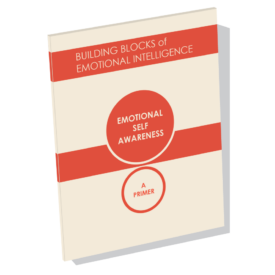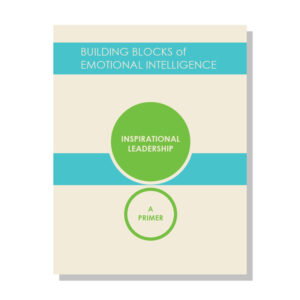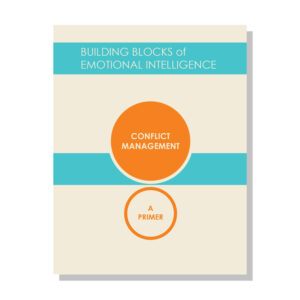

How Self-Aware Are You As a Leader?
January 23, 2017 Time to read: 3 min.The first time I was held hostage, my self-awareness and ability to manage my emotions saved my life. After a psychotic man rushed at me and held a pair of scissors against my throat, I chose to talk rather than call for force to be used against him. I focused on each word, using them to build a connection and shift the man’s focus away from despair. In that moment, I had to communicate from my heart, not just my mind.
I am a trained hostage negotiator. Most leaders rarely face life-or-death situations like this that hinge on their self-awareness and their impact on someone else. However, many leaders regularly find themselves in positions where their ability to use self-knowledge and communicate well are crucial to effectively engaging other people to work toward a common goal. When you know what’s in your heart and can communicate it, you get engagement, authenticity, and a deeper bond.
Self-Awareness is Fundamental to Inspiring Leadership.
Self-awareness is the entry point to effective leadership. Just as in hostage negotiation, it is important for leaders to be aware of their impact on others. Yet many leaders have no idea of their negative impact. A key barrier is people’s own blind spots about themselves or their role in the organization. There can be big differences between how we evaluate ourselves and how other people see us. How can someone change if they don’t realize they have areas that need improvement? Good coaches and bosses help people confront the fact that they have blind spots that they need to change. Then the real change can begin.
How to Develop Self-Awareness
Once you’re aware that you have blind spots, how can you change? Reflection, meditation, and being able to ask yourself critical questions are key tools to cultivate self-awareness. What is getting a result or not getting a result? Can you label your emotions? Do you know when what you’re feeling is disappointment, anger, fear? Do you understand the real cause of these emotions? If so, you can begin to connect how that emotion is triggered, and how it impacts your work and life.
To really rewire the brain, it takes coaching and practice. In my High Performance Leadership programs, we see dramatic changes in people through this process, developing awareness particularly through group feedback. After a week of working together, the group tells you whether they’d like to have you as a boss or a colleague. I’ve seen senior leaders brought to tears, saying, “Now I know why my employees hate me. I hardly knew the people on the program, yet they identified behavior I wasn’t aware of.”
Ask yourself:
How can I get feedback about the impact I’m having? This type of feedback that a coach, mentor, or supportive colleague can offer is crucial to high performance. For example, maybe the feedback is that you’re using too many words when you talk or that you don’t speak up enough when you have something to contribute. Knowing that someone recognizes this in you can help you change these behaviors. When somebody gives you feedback, you can identify the issue and start to work toward change.
George Kohlrieser has forty years of experience as a hostage negotiator and a psychologist. He’s the Professor of Leadership and Organizational Behavior at one of the world’s leading business schools, the International Institute for Management Development (IMD) in Switzerland. At IMD he created and directs the school’s flagship High Performance Leadership (HPL) program.
 For more in-depth information on the Emotional and Social Intelligence Leadership Competency Model and how Emotional Self-Awareness impacts your work and life, see Emotional Self-Awareness: A Primer.
For more in-depth information on the Emotional and Social Intelligence Leadership Competency Model and how Emotional Self-Awareness impacts your work and life, see Emotional Self-Awareness: A Primer.
To learn more about Emotional Intelligence in leadership from George Kohlrieser and Daniel Goleman, see The Competent Leader and Crucial Competence.







